The best beaches on Cape Cod
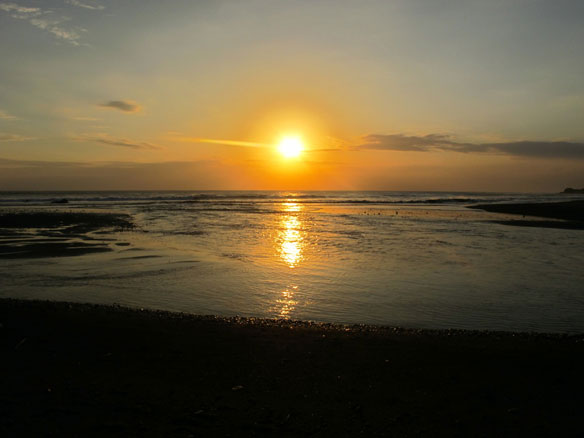
From open ocean expanses to quiet tidal beaches—all along the Massachusetts’coast.
Review of biodegradable bags shows not enough is known to judge if they are safe for environment
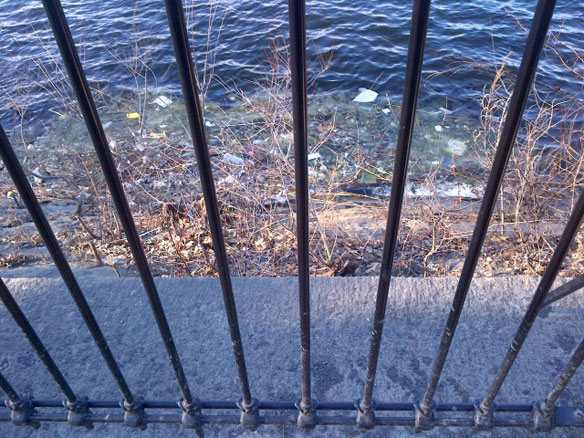
A team of researchers from the U.K. Austria and France has found that not enough work has been done to determine if biodegradable shopping bags are actually environmentally friendly.
Microplastics most abundant in the surface sediments

Microplastics were found at all 16 sites studied in Baynes Sound and Lambert Channel, British Columbia, and were most abundant in the sediments of Henry Bay and Metcalfe Bay, according to a new study, that identified three main types: microfibers, microbeads and micro fragments.
Shipping and Industry Threaten Famed Home of the Bengal Tiger
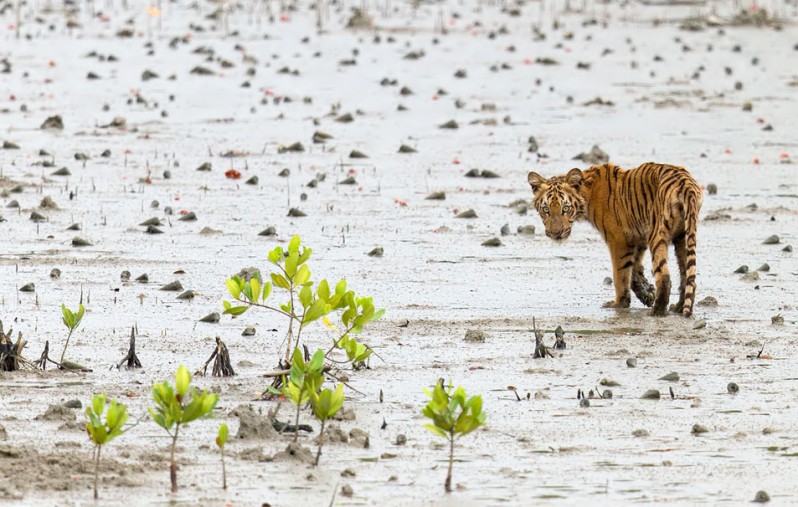
Toxic chemical pollution in the Sundarbans, the largest mangrove forest in the world, is threatening thousands of marine and forest species and has environmentalists deeply concerned about the future of this World Heritage Site.
A Balkan dam boom imperils Europe’s wildest rivers
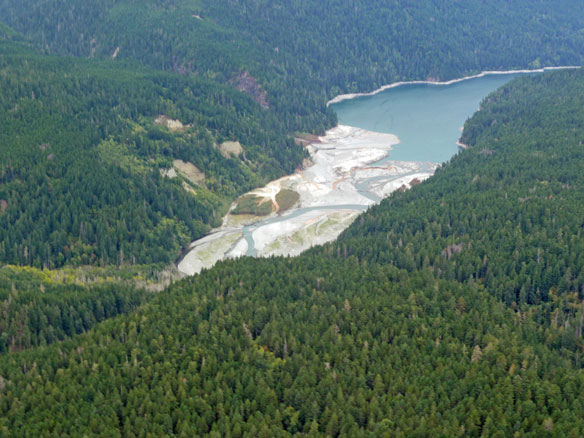
The Balkan Peninsula, one of Europe’s most undeveloped regions, is facing a wave of thousands of hydroelectric projects that would block pristine, free-flowing rivers and cause major environmental damage. Local residents and conservationists are fighting back.
Human race just 0.01% of all life but has eradicated most other living things
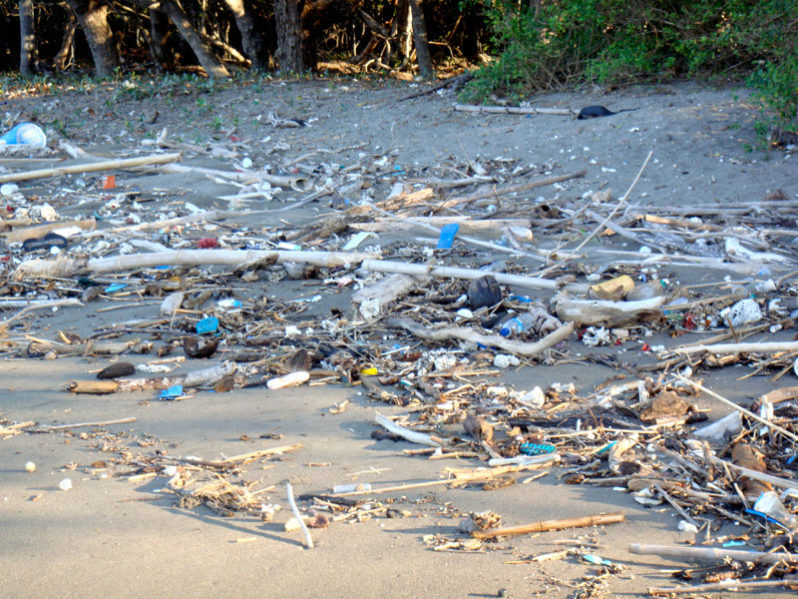
Humankind is revealed as simultaneously insignificant and utterly dominant in the grand scheme of life on Earth by a groundbreaking new assessment of all life on the planet.
Adapt or die: Can evolution outrun climate change?
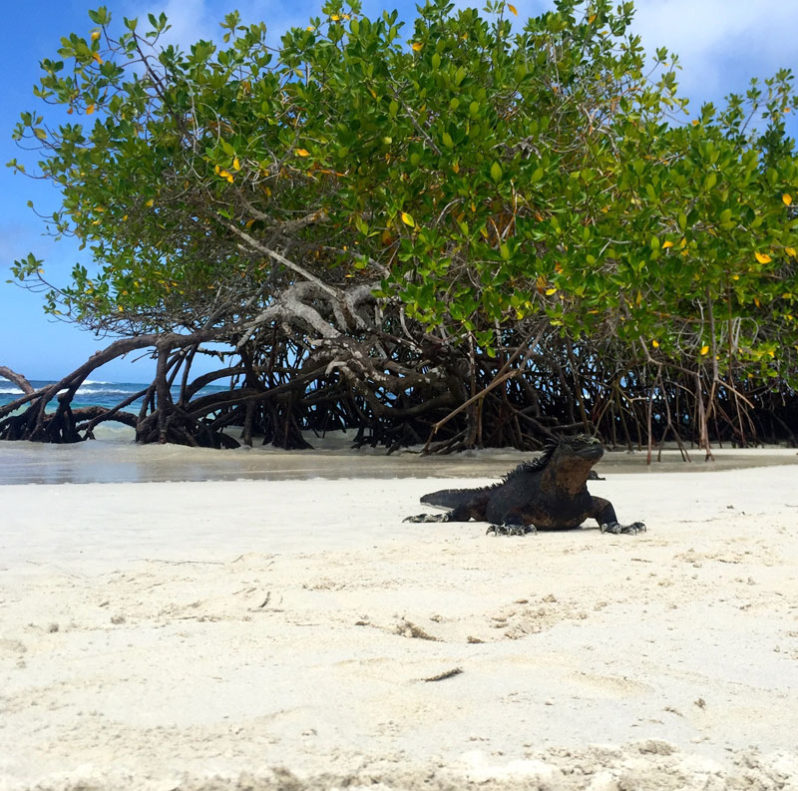
Across the planet, animal and plant species are on the run. A rapidly changing climate is shifting when and where plants blossom, and forcing creatures big and small to migrate and learn new tactics for survival. It’s a trend that’s likely to accelerate as scientists expect to see more extreme weather events.
Sea-level rise and the precious commodity of sand
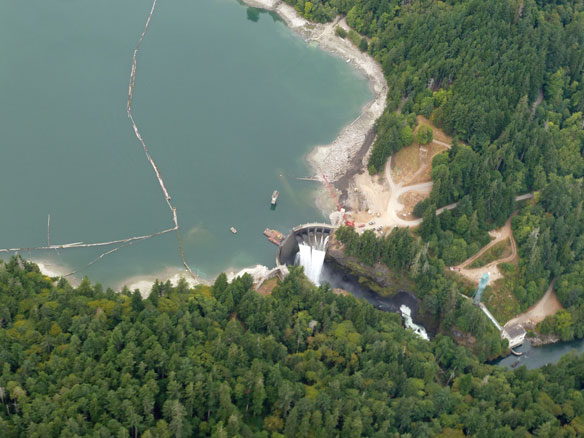
The sand used to construct towns and cities leads to development that then impedes sand’s natural flow from watersheds, diminishing one of its best sources of replenishment.
Can we get 100 percent of our energy from renewable sources?
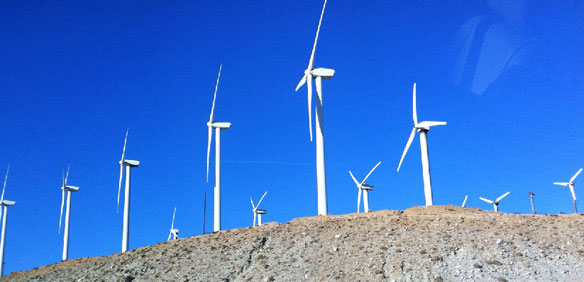
Some researchers doubted the feasibility of many of the recent scenarios for high shares of renewable energy. Now scientists have hit back with their response to the points raised. They demonstrate that there are no roadblocks on the way to a 100 percent renewable future.
